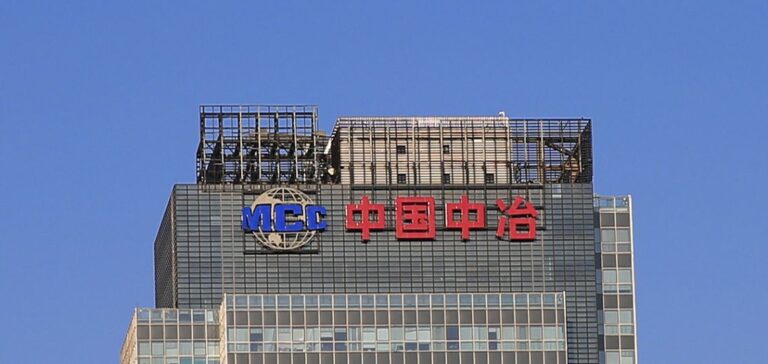FlexFuel Hydrogen Development (Shenzhen), a subsidiary of China International Development Corporation Limited (CIDC), has signed a strategic collaboration agreement with MCC Tiangong Group Corporation Limited. The agreement aims to expand the use of hydrogen injection technologies across multiple industrial and transport sectors throughout mainland China. The cooperation is structured through a newly established joint venture, Flex Fuel Eco Company Limited, which now holds full ownership of the FFHD subsidiary.
The new entity has already imported and commissioned over 60 hydrogen decarbonisation and engine cleaning stations across more than 20 prioritised locations. These installations are spread across Beijing, Wuhan, Xinjiang, the Northwest region, Guangdong province, and the Special Administrative Region of Macau. The swift deployment aligns with CIDC’s industrial strategy to incrementally grow revenues through the commercialisation of its hydrogen-based services.
Technology rollout and service agreements
At the heart of the partnership lies the hydrogen engine cleaning injection system developed by FFHD and marketed under the Flex Fuel brand. This technology is designed for use in engines powering light vehicles, heavy trucks, ships, aircraft, and industrial machinery. Several service agreements have been secured with key operators, including Jilin Dacheng Fangxin Automobile Service Co., Ltd., which manages the nationwide “Dacheng Truck Repair” network.
Service contracts are generally established for an initial period of two years, with options for renewal. The group has already commenced invoicing for its services, generating a revenue stream expected to expand alongside operational growth.
Industrial partnership and commercial outlook
MCC Tiangong is a construction enterprise supervised by China Minmetals Corporation and Metallurgical Corporation of China Limited, both entities under the direct administration of the Chinese central government. This affiliation provides the joint venture with access to an extensive industrial network and eases entry into local logistical and technical ecosystems.
The agreement reinforces CIDC’s position in the hydrogen sector applied to mechanical maintenance, while offering MCC Tiangong priority access to innovations derived from Flex Fuel technology. According to statements released, CIDC’s management intends to leverage the partnership to develop high-yield ventures within China’s energy sector.






















